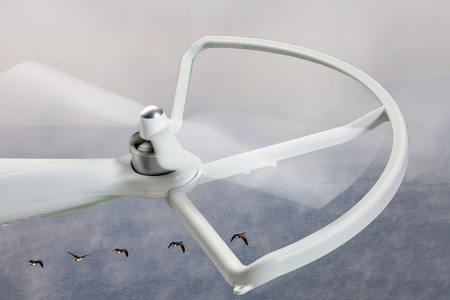Michael Singer filed a suit against the city of Newton, claiming that a proposed ordinance violated his rights and that four provisions were preempted by federal law. The ordinance, which was put forward on 19th December 2016, requires all drones to be registered, prohibits flying beyond visual line of sight (BVLoS), as well as prohibiting flying below 400 feet or over public property at any altitude.
Where federal law and state law interact or conflict, the federal law will take precedence; this is preemption. Singer has alleged that the four provisions in the proposed ordinance were preempted by federal law. The court has ruled in his favour.
The impact of this ruling may be felt across the US. Even though it is only legally binding in the jurisdiction of Massachusetts, other courts are likely to invalidate local drone laws on the grounds of preemption.This case has the potential to influence cities and states to stop creating their own rules for UAVs outside of the ones laid down by the Federal Aviation Administration (FAA).
References: sUAS News Jonathan Rupprecht Law


.jpg)
.jpg)
.jpg)

.jpg)




.jpg)